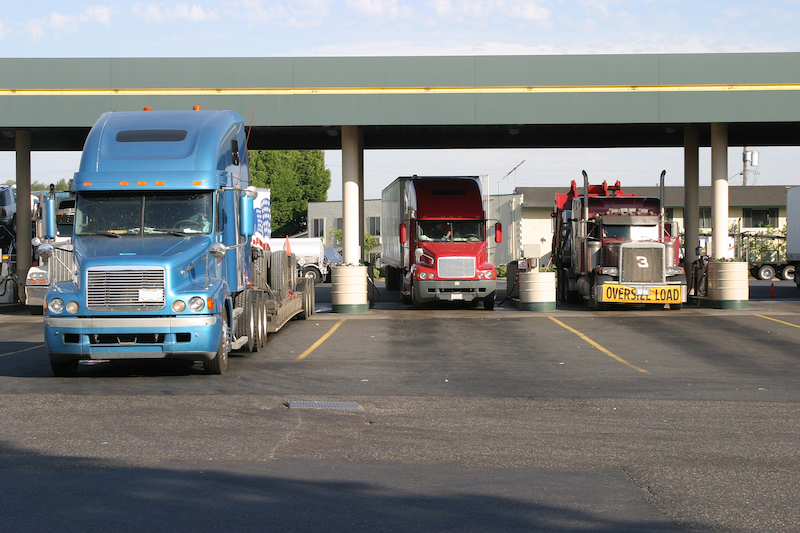
The Benefits of Tank Monitoring for Airport Ground Support
To keep airport facilities running smoothly, efficiently, and safely, ground support crew and ground support equipment (GSE) must be firing on all cylinders 24/7/365. If not, there’s an imminent risk...


.jpg)



